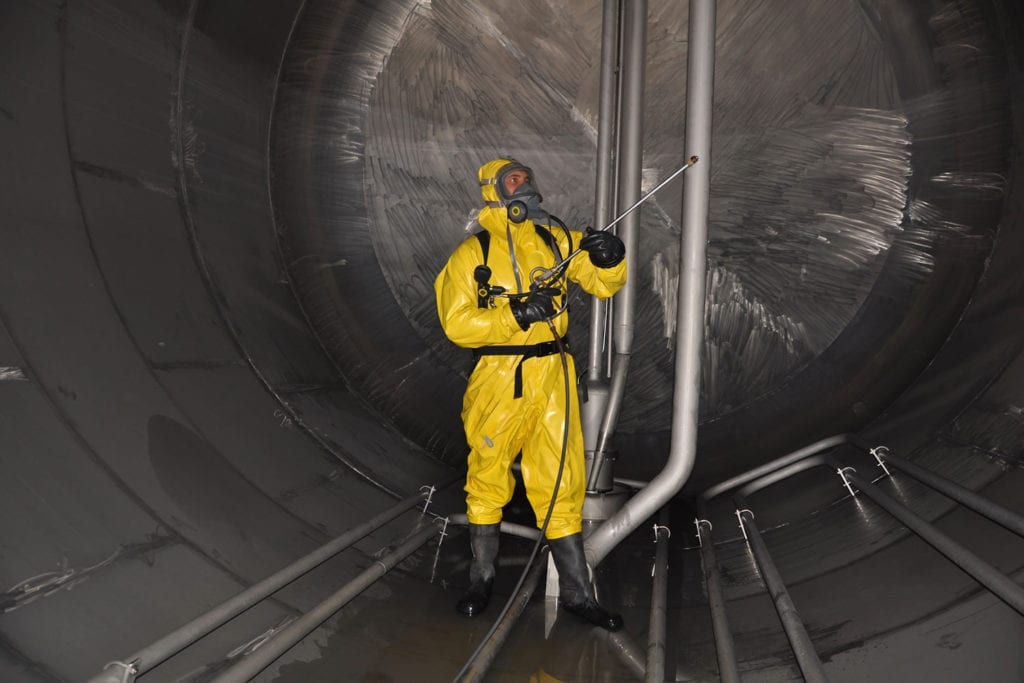The importance of Legionella awareness training has gained significant attention in recent years, especially with the increase in reported cases of Legionnaires’ disease. This training is not just a regulatory requirement; it’s a vital practice that enhances public health and safety.
Why Legionella Awareness is Essential
Legionella bacteria are commonly found in water systems, such as hot and cold water systems, cooling towers, and spa pools. They pose a serious risk if not properly managed. To minimize these risks, Legionella awareness training is indispensable. Here’s why:
- Promotes understanding of the conditions that allow Legionella to thrive
- Enables identification and assessment of risks in water systems
- Trains individuals on effective control measures and regular maintenance practices
- Ensures compliance with health and safety regulations
- Reduces the likelihood of a Legionnaires’ disease outbreak
Key Elements of an Effective Legionella Awareness Training Program
To be effective, Legionella awareness training should cover the following key components:
- Identification of potential Legionella breeding grounds.
- Understanding testing and monitoring procedures.
- Implementation of control measures such as temperature control and chemical treatment.
- Development of a clear, comprehensive, and actionable water safety plan.
For businesses and organizations, investing in Legionella awareness training is not only a matter of compliance but also a commitment to health and safety. Companies like ARA Environmental provide expert-led training sessions tailored to specific industry needs.
FAQs About Legionella Training
Q: Who should attend Legionella awareness training?
A: Anyone involved in the operation and maintenance of water systems, including building managers, safety officers, and maintenance personnel, should attend.
Q: How often should Legionella awareness training be conducted?
A: Training should be refreshed annually or whenever there are changes in legislation, water management systems, or staff roles.
Q: What are the potential consequences of neglecting Legionella training?
A: Neglecting Legionella training can lead to non-compliance with legal standards, increased risk of disease outbreaks, and potential legal liabilities.
By understanding and implementing the strategies learned in Legionella awareness training, we can better protect our communities and ensure a safer environment for all.



